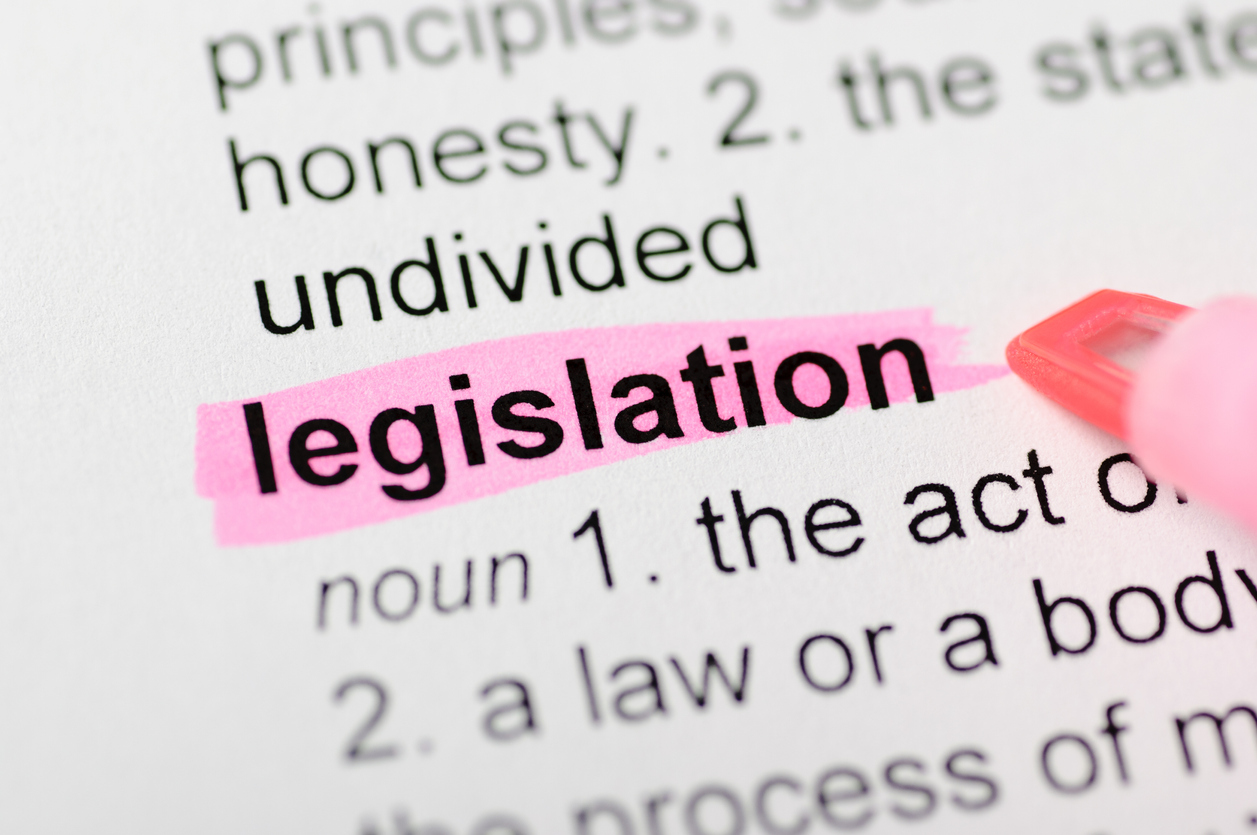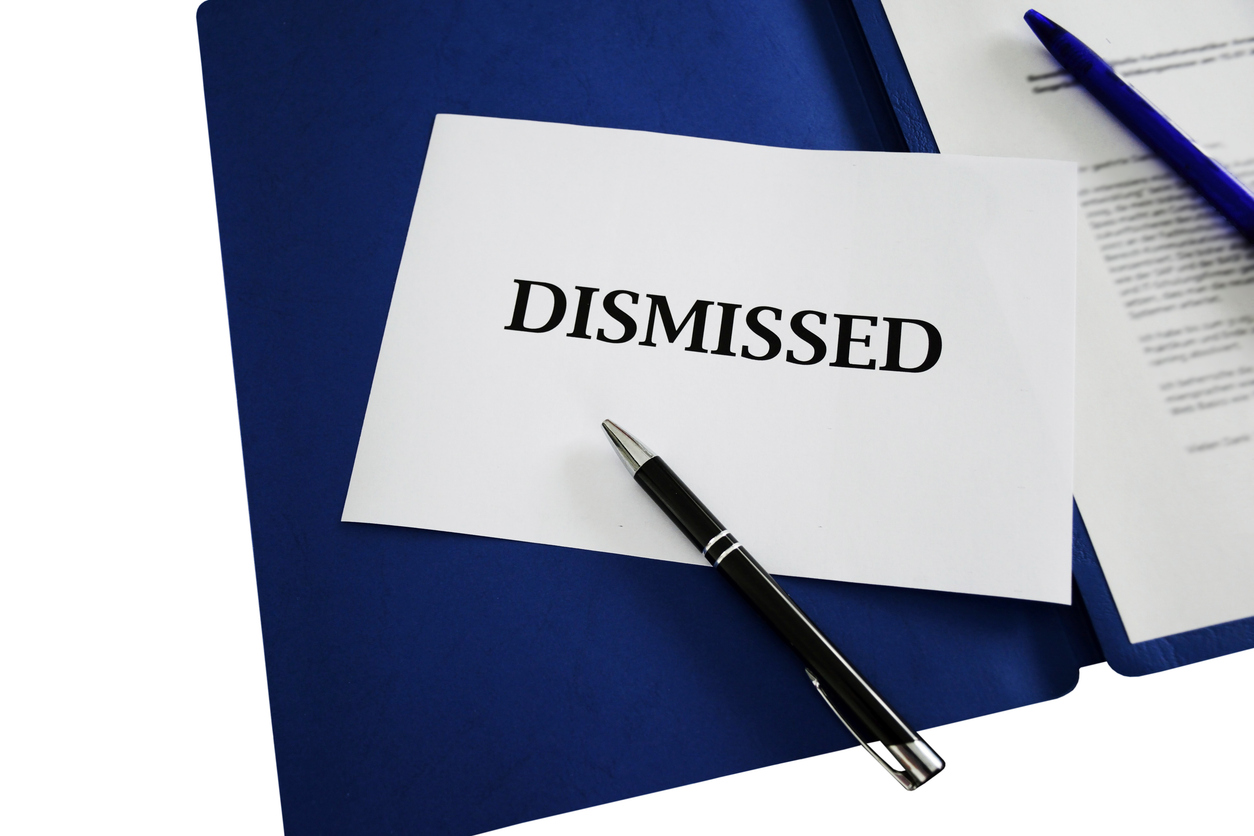The title to this blog answers the question raised in a headline news article, Who Does The Proposed Property Insurance Bill Protect? Insurance companies cannot vote but that would be hard to determine based on this recent anti-policyholder bill filed in the Florida Senate. Policyholders are voters and they should be made aware when their elected officials are selling them out to the insurance industry lobby. Florida Senate Bill 76 may have been filed by an elected official, but the official had it written by lobbyists for the insurance industry.
If insurance companies can collect premiums and not be sued when they don’t pay, that’s a good business model for the insurance industry. That is the impact of this bill. The bill doesn’t say that lawyers can’t collect fees. However, it has a strong presumption that a lodestar multiplier is not necessary. Moreover, it has a scale that attorney’s fees are based on the percentage of judgment collected in relation to the demand. It also changes how roofs are underwritten on a replacement cost basis so that most people will not be paid for a full replacement if a catastrophe strikes requiring roof replacement.
One of the fundamental guidelines that we can all agree on is people and companies should follow and obey rules. If you break a rule, you should be held accountable for it. While the rest of the breaching contract world can be expected to adhere to these fundamental requirements and get sued for breaching promises, the insurance industry wants a pass. This is unfair and bad public policy.
Last year, the insurance industry propaganda machine started publishing the need to change laws because many Florida insurance companies were going broke. A few years before that, the insurance crisis was AOBs and the claim that if AOB reform passed, rates would go down. The reform bills passed, and the rates did not go down. The insurance industry propaganda machine creates insurance crisis after insurance crisis to make up reasons for anti-policyholder legislation. The Consumers Federation of America, the entity that publishes Consumer Reports, published a white paper on this insurance industry tactic, which I noted last year in Do Insurance Carriers Create A Crisis To Obtain Rate Increase and Anti-Consumer Changes To Insurance Laws. Readers of this blog should take a few minutes to read that study showing the fraud by the insurance lobby.
Even the most bulldog-like insurance lobbyists have their own stories of insurance company misconduct, as detailed by Florida insurance lobbyist Scott Johnson in, Insurance Lobbyist Describes His Personal Story of Insurance Company Bad Faith. I commented on why these unbiased and true stories about insurance company claims underpayment and delay are important:
Scott Johnson gets the same treatment that many policyholders receive every day from some insurance companies. Trained adjusters know they have to pay for cosmetic damage and they know the insurance laws regarding matching. Johnson just exposed the intentional scams so many policyholders face every day by the same insurance industry he is paid to represent. He was a potential victim trying to be duped by an insurance adjuster that knew better. Fortunately, Scott Johnson’s tenacity, self-education and experience helped him overcome this wrongful claims practice my clients and Merlin Law Group attorneys face every day.
Johnson should be congratulated for exposing another example of insurance company wrongdoing which can be shown to legislators and insurance commissioners.
It will be business as usual for the insurance lobby. First, create a crisis. Second, blame lawyers or anybody other than the insurance companies for slow and underpaying claims problems. Then, seek legislation to get a business model where nobody can afford to question the dirty and harmful tactics of the insurance industry.
Thought For The Day
Fake is as old as the Eden tree.
—Orson Welles




